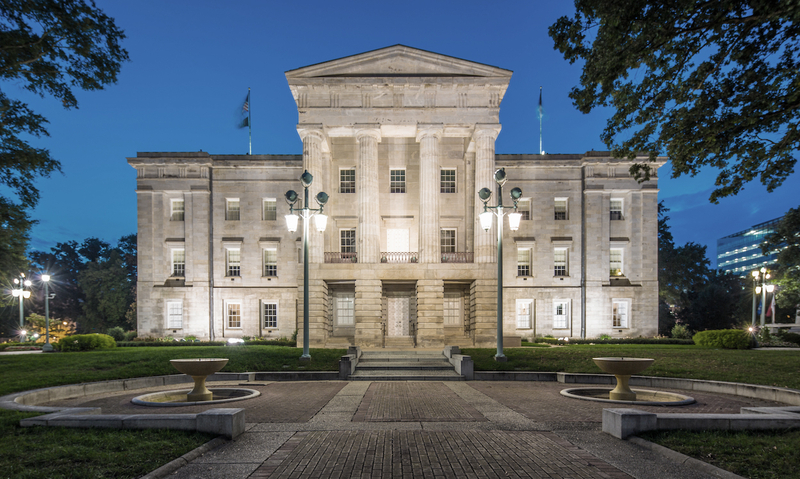A school district pushes back against privatization


Today, we spotlight a recent and hopeful commentary generated by one of Cohen’s colleagues, ITPI Communications Director Jeremy Mohler. The following post first appeared on the ITPI website under the headline “The labor shortage is actually a good jobs shortage.”
NOTE also: on May 19, Cohen will be in Raleigh for an event sponsored by Public Schools First NC entitled “Privatization and the Assault on Public Education.” Click here to learn more and register.]
===
When it comes the public sector, more state and local governments are bringing privatized services back in-house, improving services and job quality.
In what’s become known as the “Great Resignation,” the pandemic has caused millions of people to leave their jobs.
This has hit the public sector particularly hard, which affects all of us. Longer wait lines at fast food restaurants are one thing, but interruptions in getting unemployment benefits and delays in autopsies causing bodies to be stored in hallways are a big deal.
In the fall of 2021, more than half of all workers state and local workers (52 percent) said they were thinking of leaving their jobs.
That’s why recent news out Michigan is a positive turn. A school district just outside of Detroit has decided to bring custodial services back in-house after four years of using contracted workers with the publicly traded, multinational corporation ABM.
Why? “We want the pride to come back … that we need to take care of our facilities,” said the district’s superintendent.
He continued: “We are trying to be able to attract people to our district and for some, for some custodians in other districts, their entire paycheck is going towards health insurance. So, it is a struggle to survive. We are trying to be able to provide a package that is an incentive to want people to choose [our district.]”
That’s for custodial services! Not software development or some other high-salary job we regularly hear corporate executives and elected leaders referring to incentives and competition about.
There’s no state in the country where an education support professional earns enough, on average, to support themselves and one child while living in the state’s most affordable metropolitan area.
The new, public custodial jobs will pay $16 an hour with fully covered health insurance and other benefits. ABM—which profited $126 million in 2021—has been paying custodians $14.50 an hour and requiring them to pay substantially for health coverage.
This might not sound like a big deal—it’s one school district in one state. But it’s another sign that attitudes about public services and public institutions are shifting.
Last month, a Pennsylvania county took back control of its jail from a private prison company. “No longer will we have a multinational corporation with a profit motive to keep our jail as full as possible managing our jail,” said a county councilman.
A few weeks ago, Nebraska lawmakers voted to end the state’s decade-long experiment with the privatization of child welfare case management services.
As we concluded in a 2019 brief on bringing privatized services back in-house—known as “insourcing”—such a move often both improves service quality and saves costs.
It’s encouraging to see more and more local and state governments waking up to this truth. And we all should be pushing our own communities to join the club.








